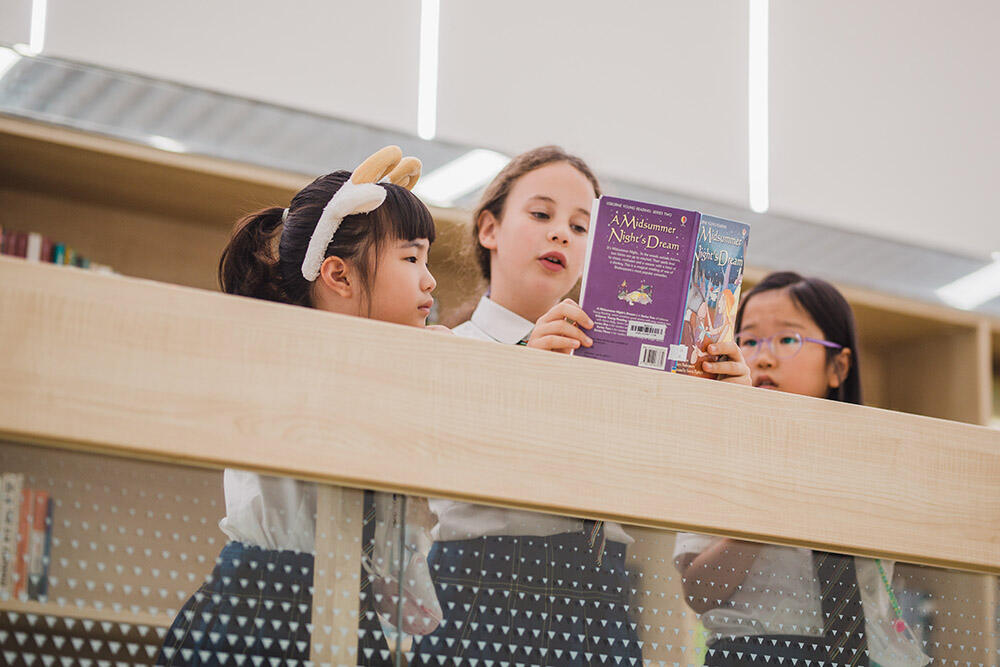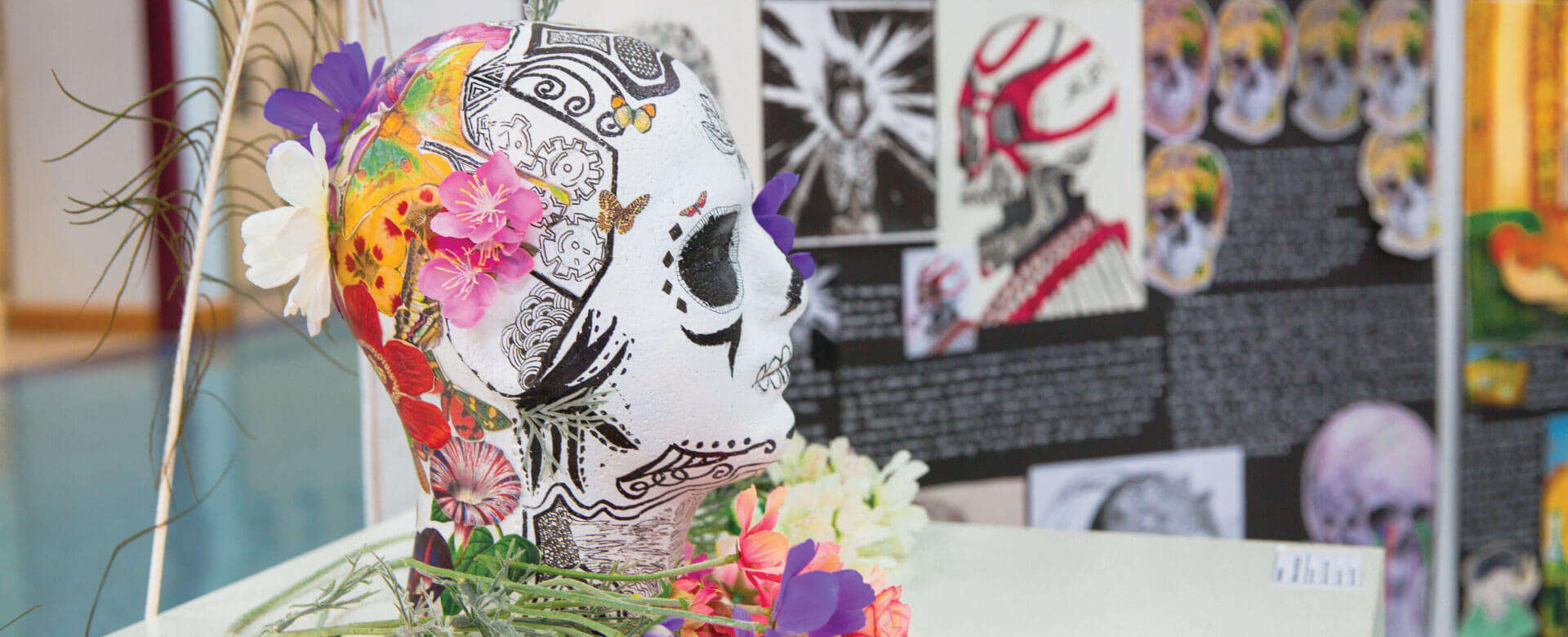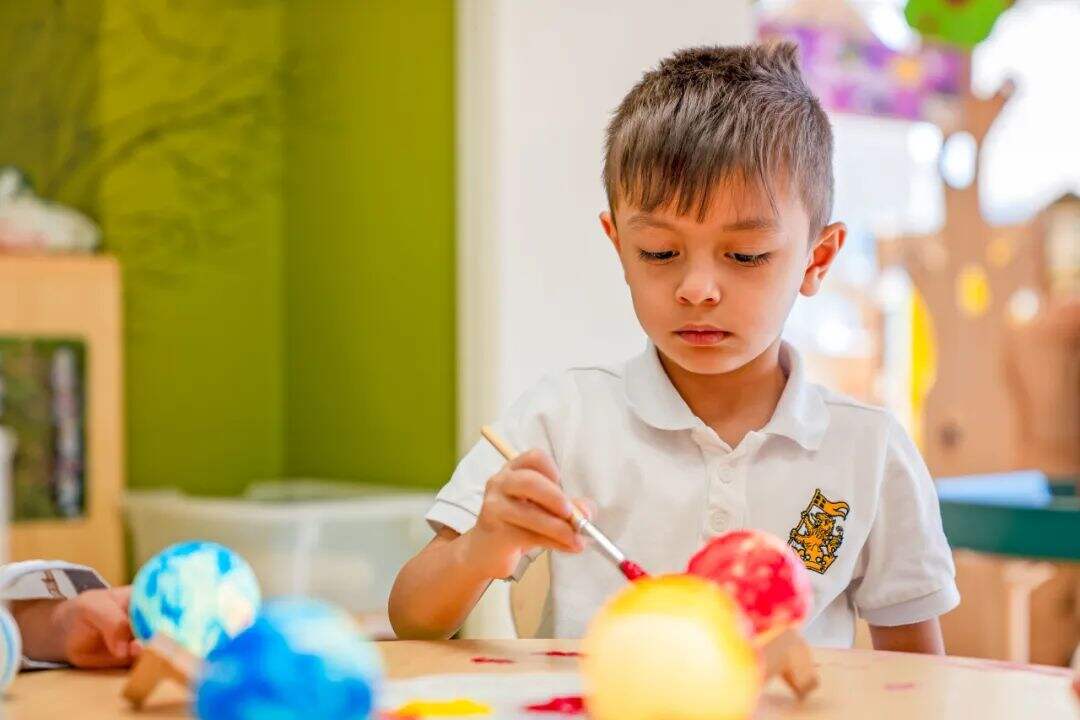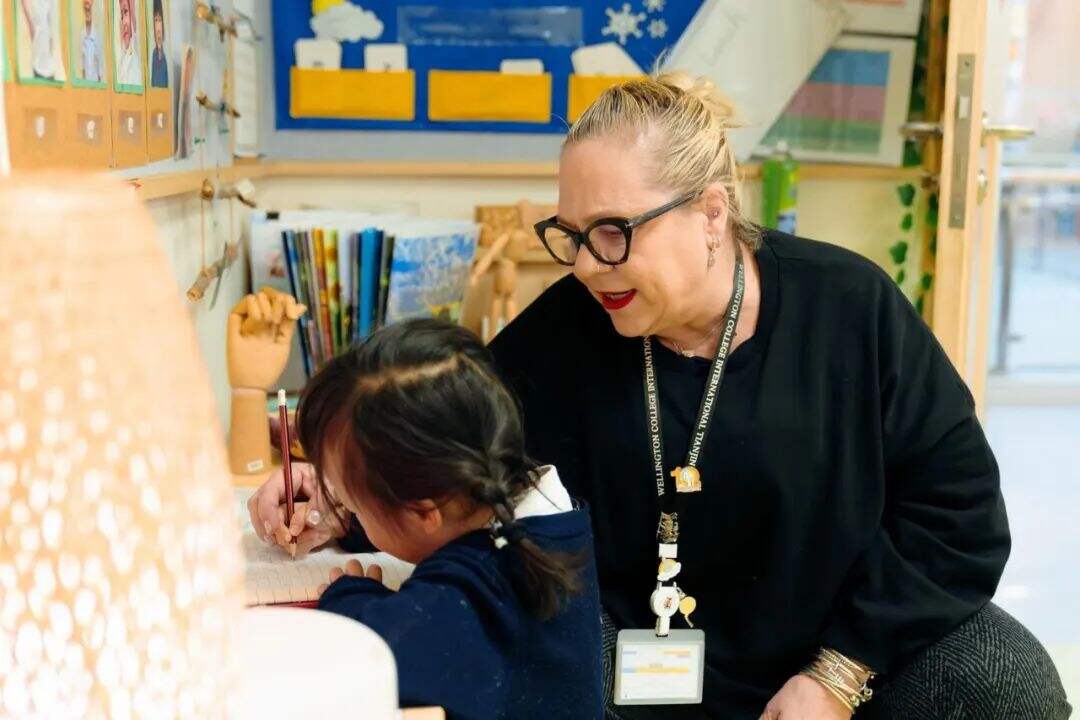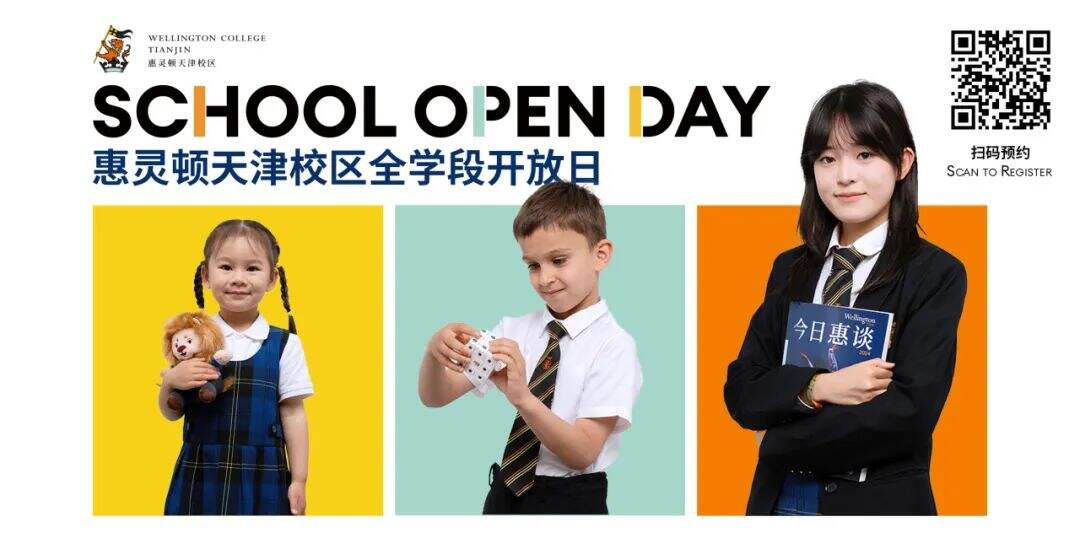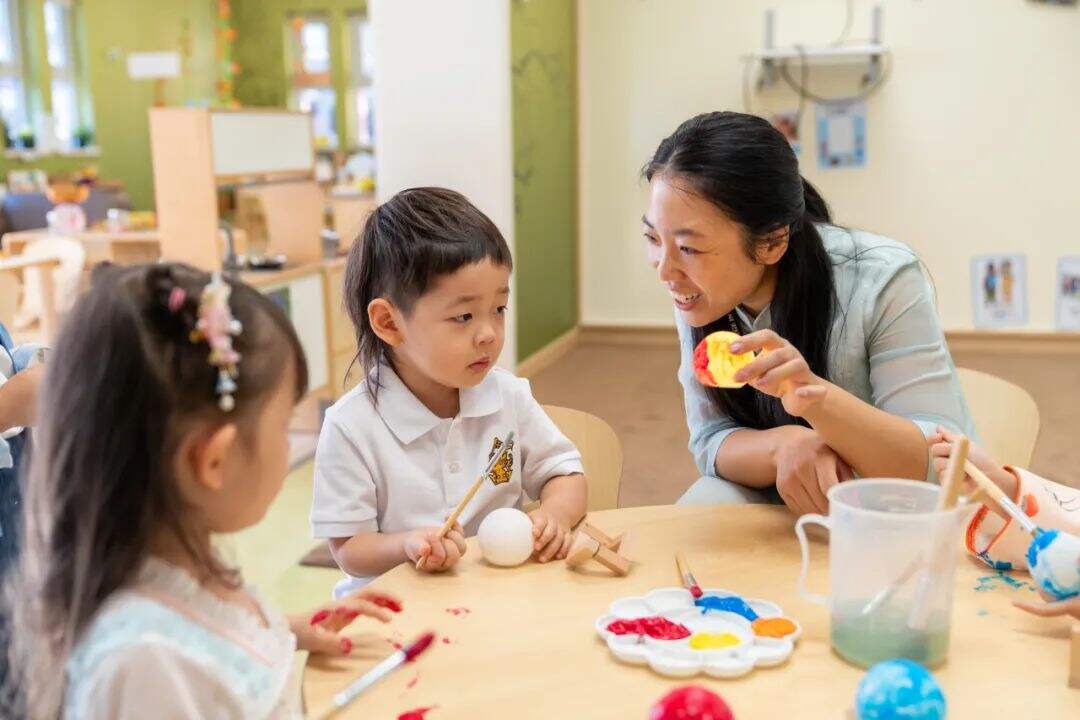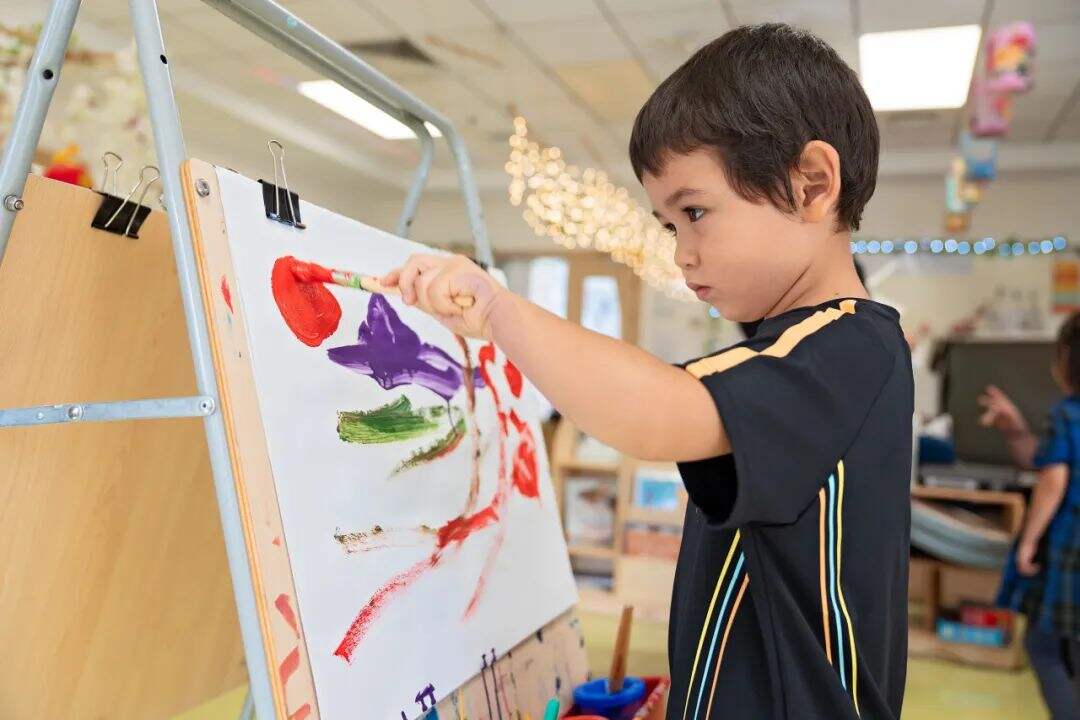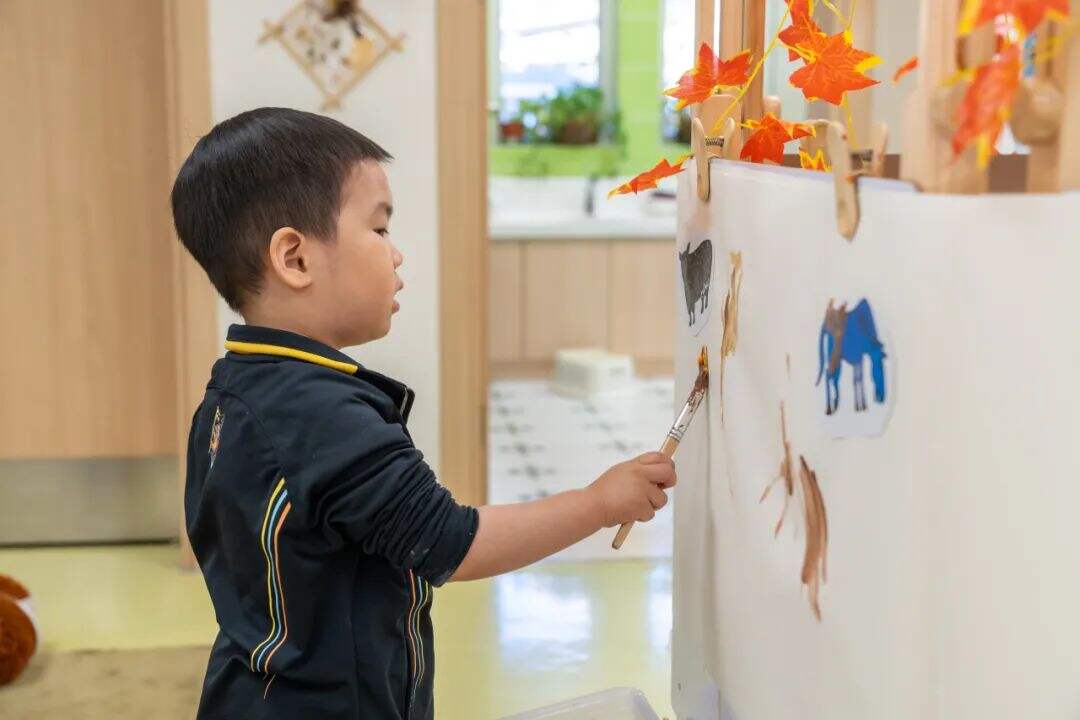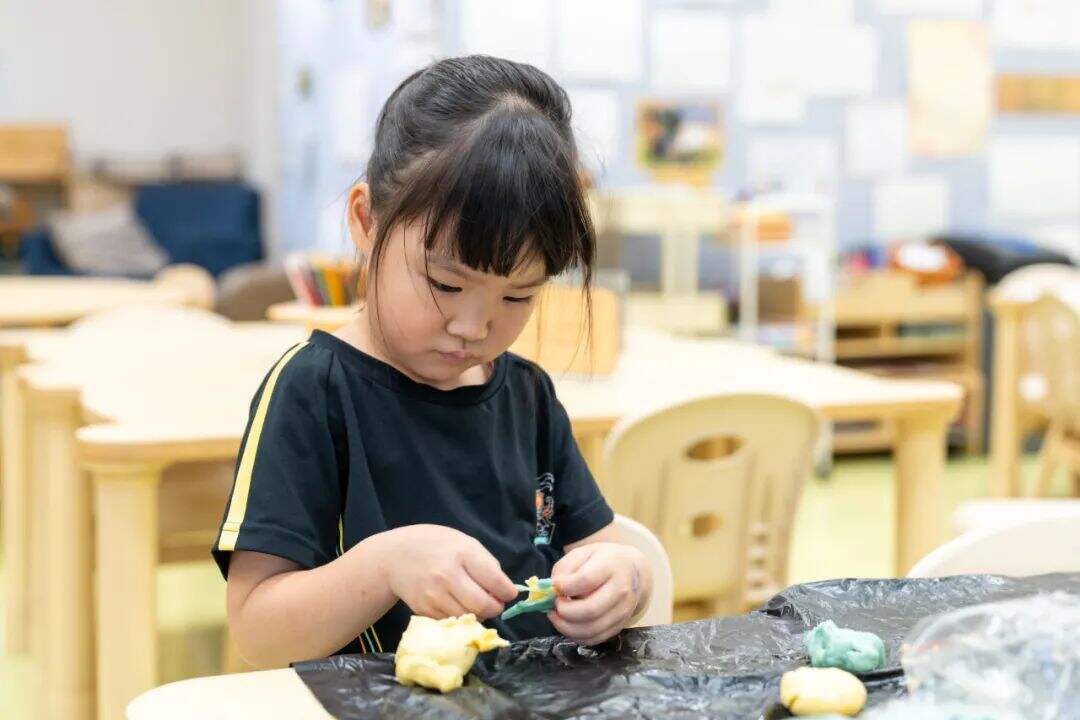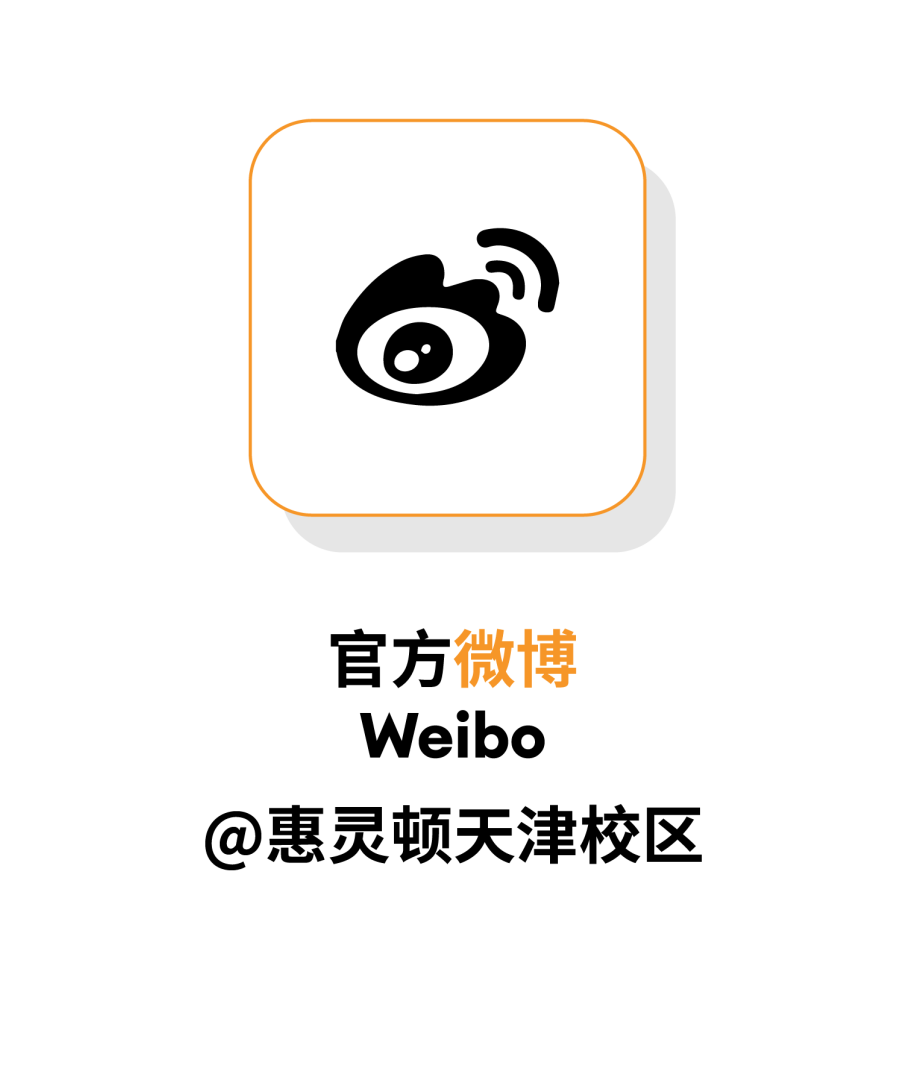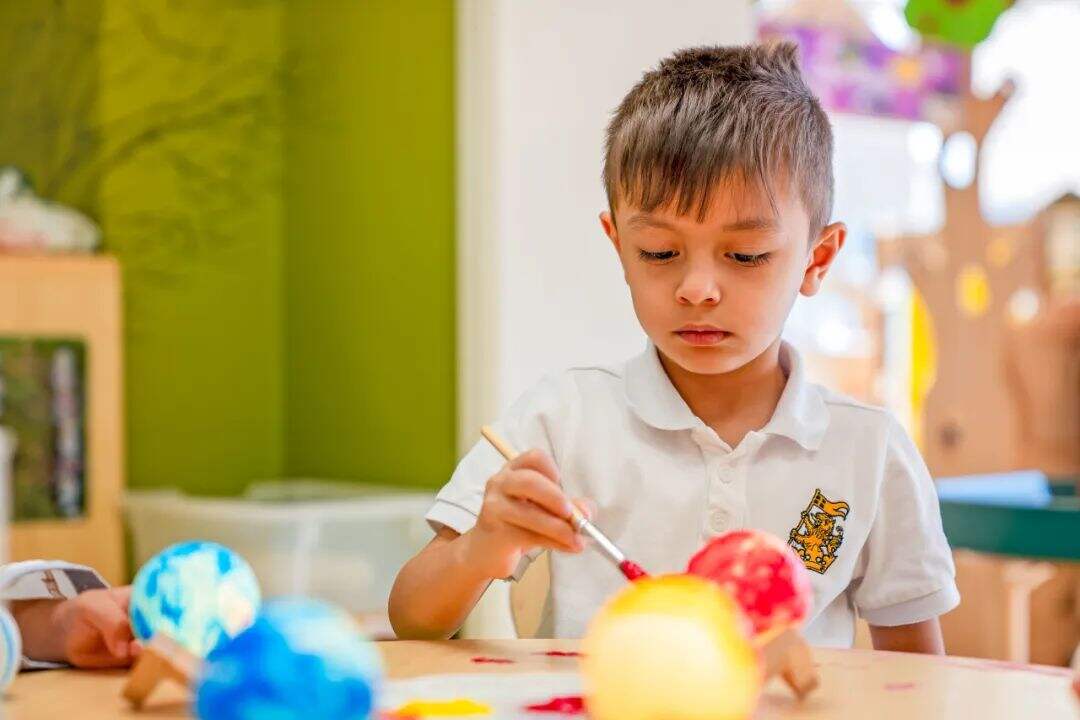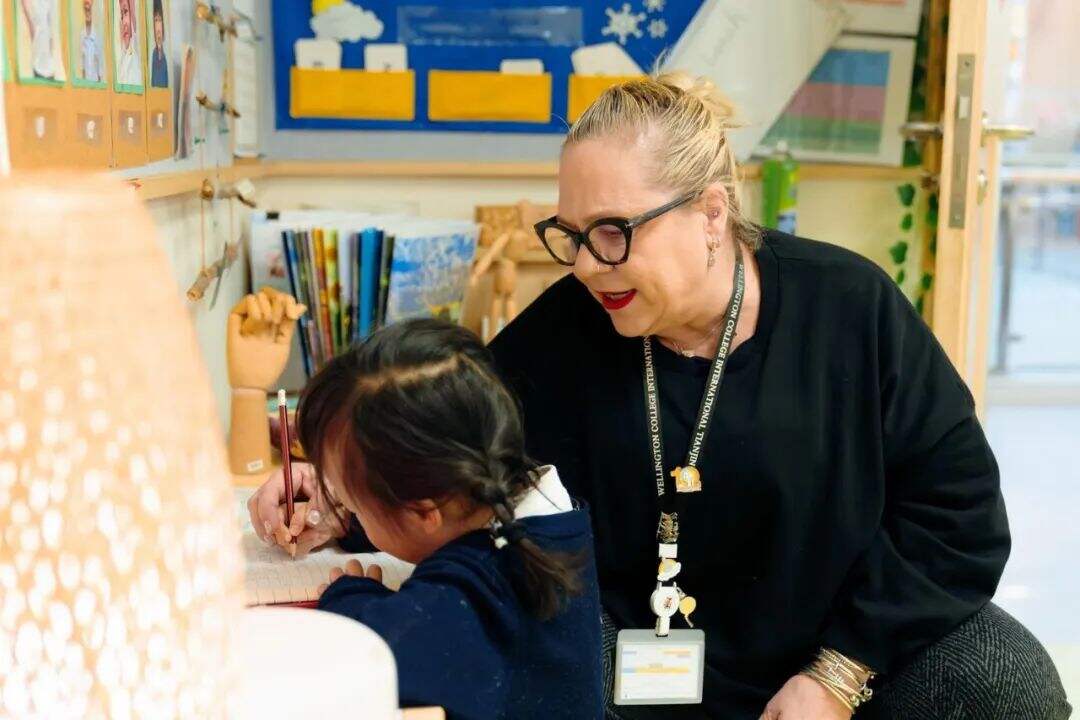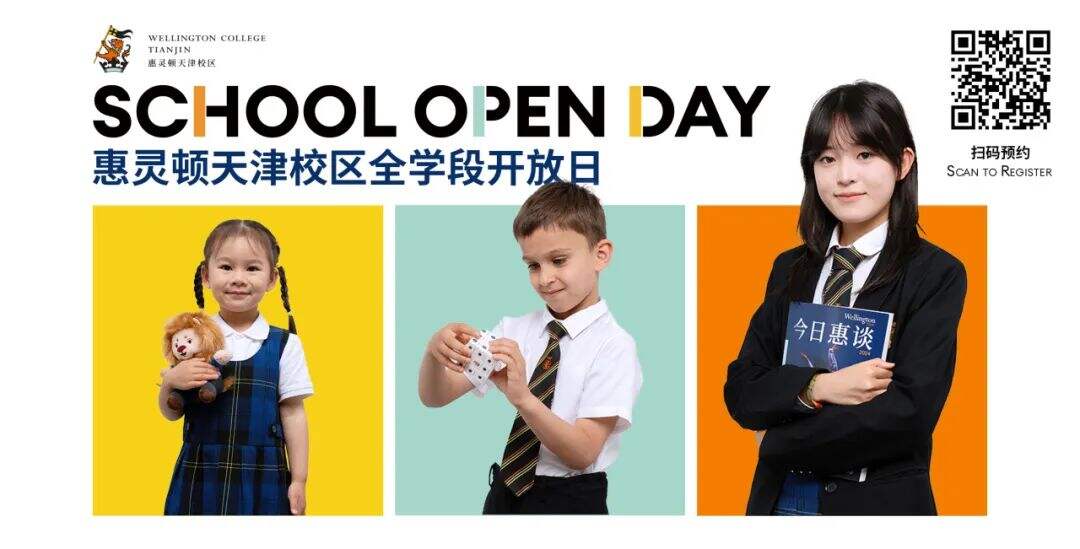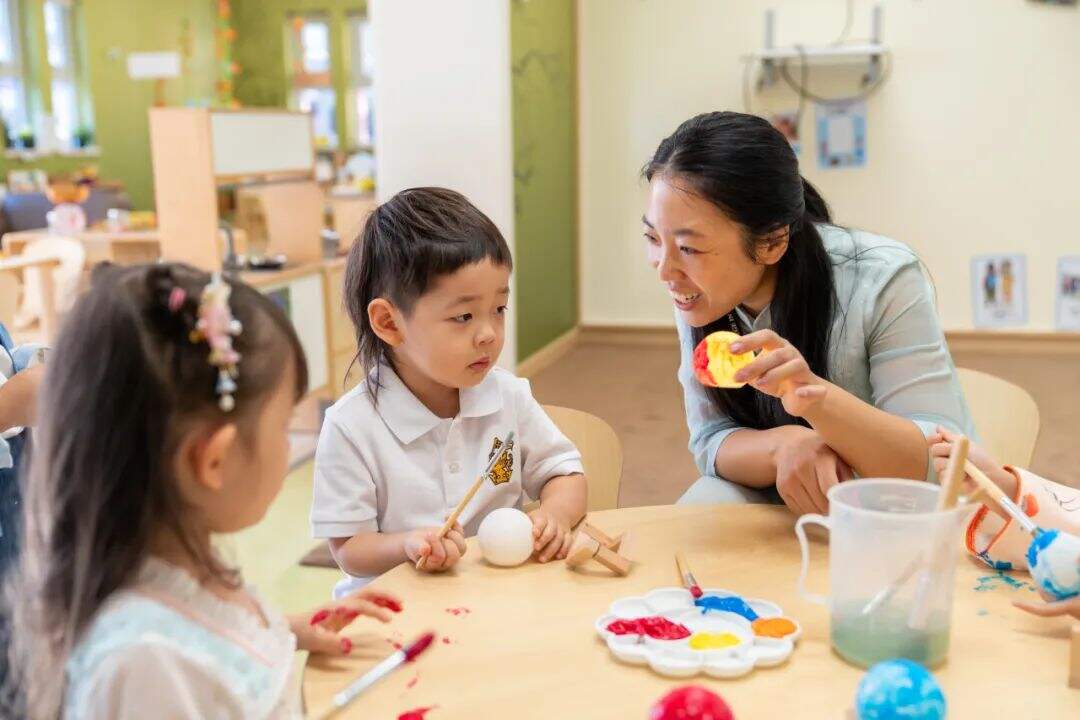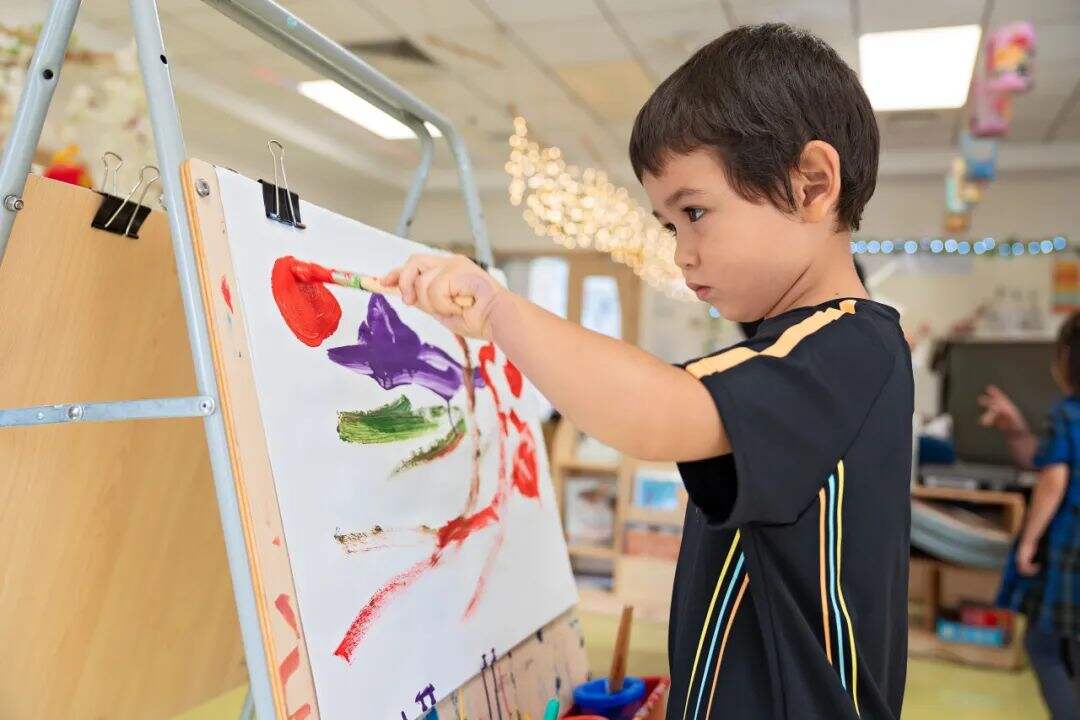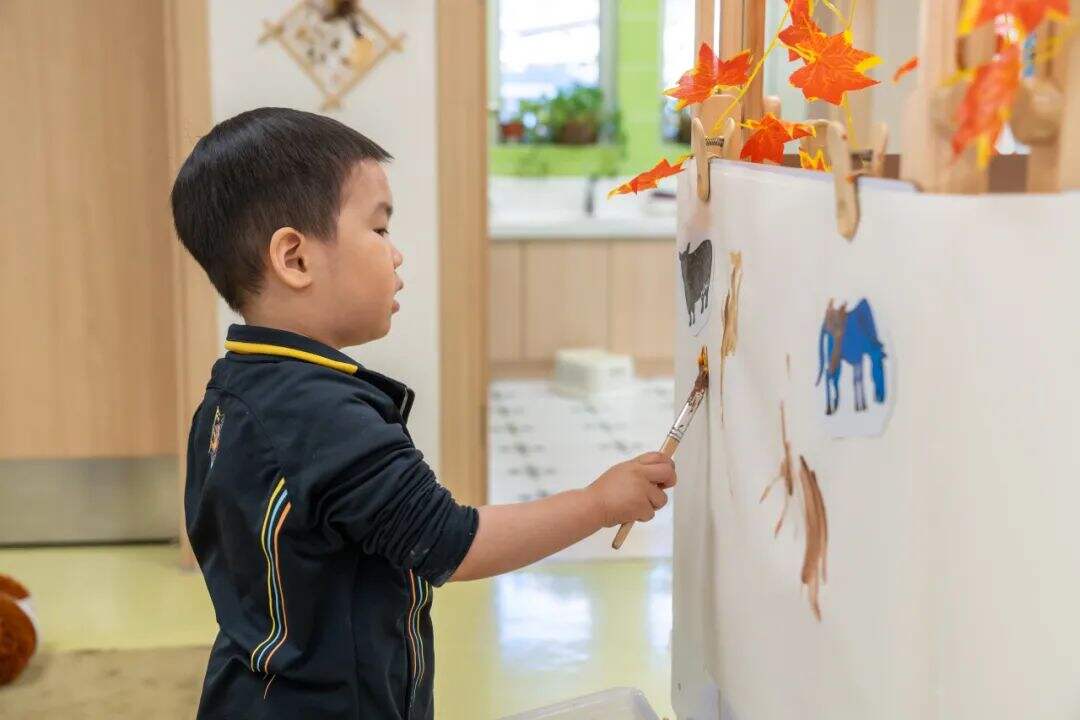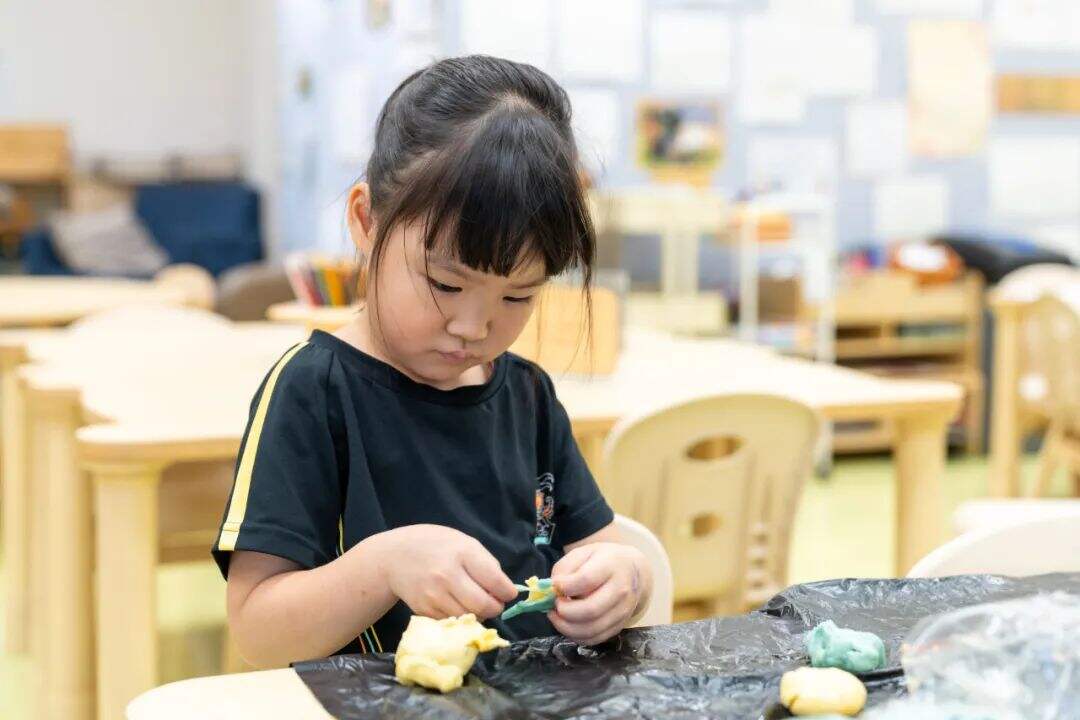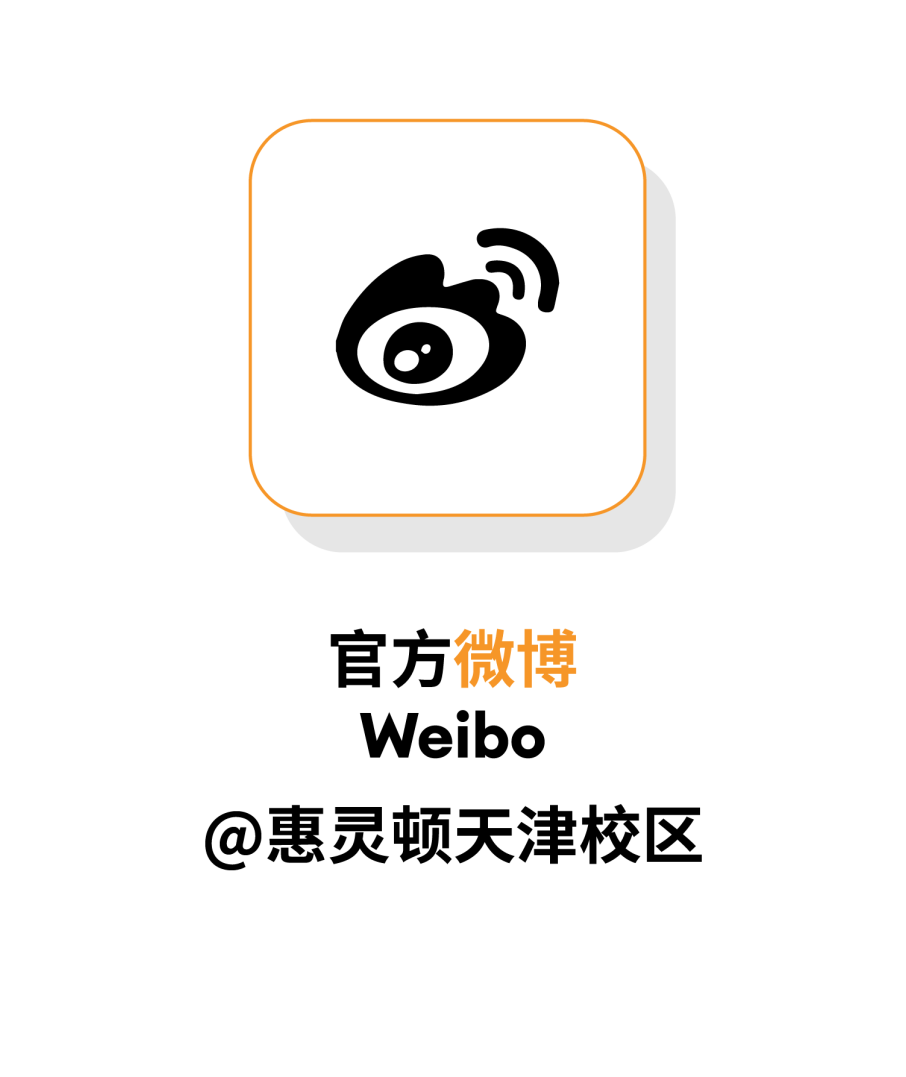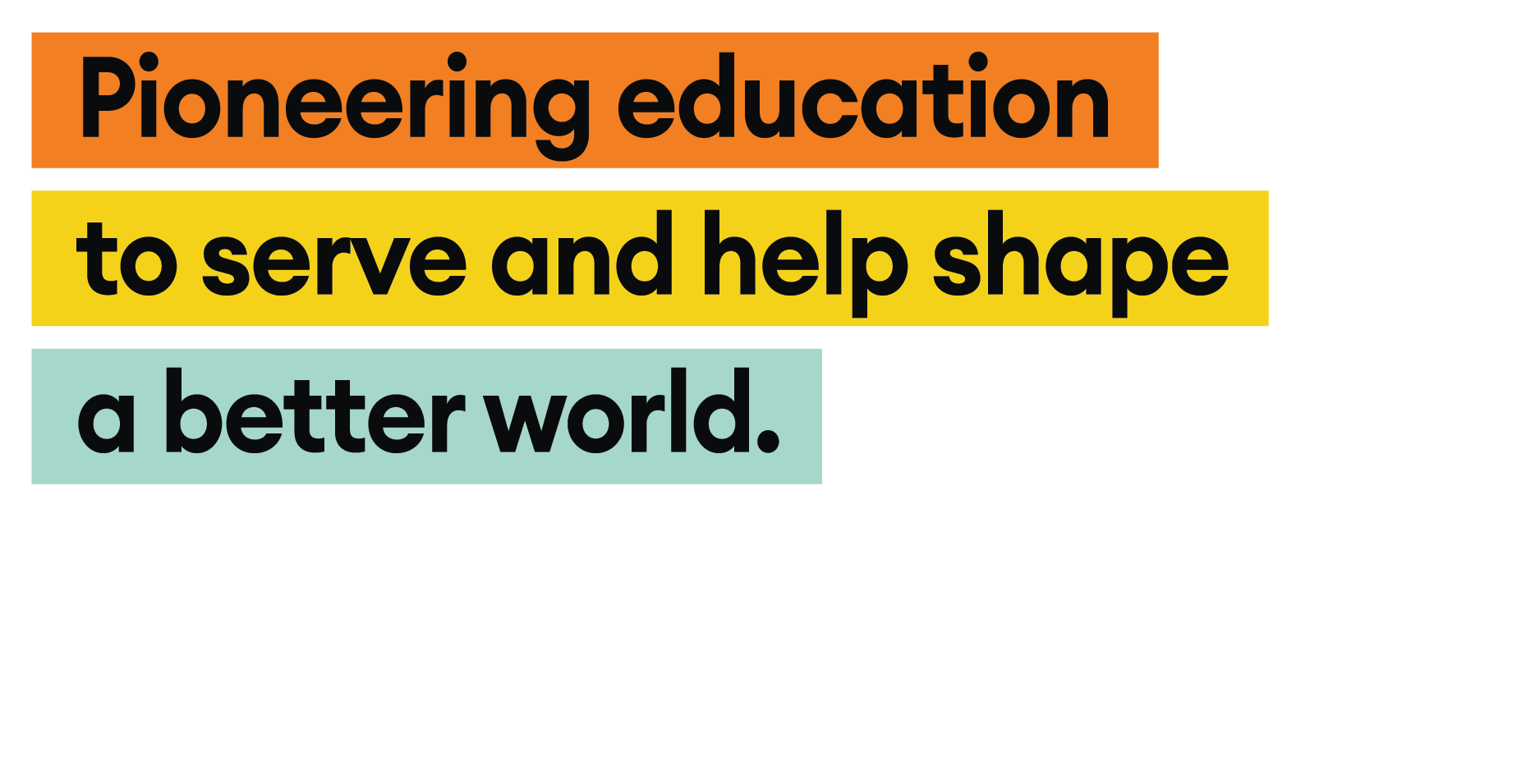Teaching Art Skills in the Early Years Classroom
26 Jan 2025

Related Articles

Bridging the Classroom and the Real World: Leadership Lessons That Matter13 Feb 2026
Reda BenazzouzHead of Economics and Business As Head of Economics and Business Studies, one question consistently sits at the heart of my practice: How do we ensure that what pupils learn in the clas
Read More

A Message from the Head of Junior School20 Oct 2025
A Message from the Head of Junior School Reflecting on the past year, we’ve seen the children grow and achieve so much. As we look ahead, we remain dedicated to nurturing their bright futures. Join u
Read More

All Schools Top the 2025 Forbes China20 Jun 2025
We are delighted to share some fantastic news. All six schools in the Wellington College Education (China) family have once again been recognised in the 2025 Forbes China International Schools Annual
Read More





 Channel
Channel 
 Linkedin
Linkedin  Facebook
Facebook  Ins
Ins 
